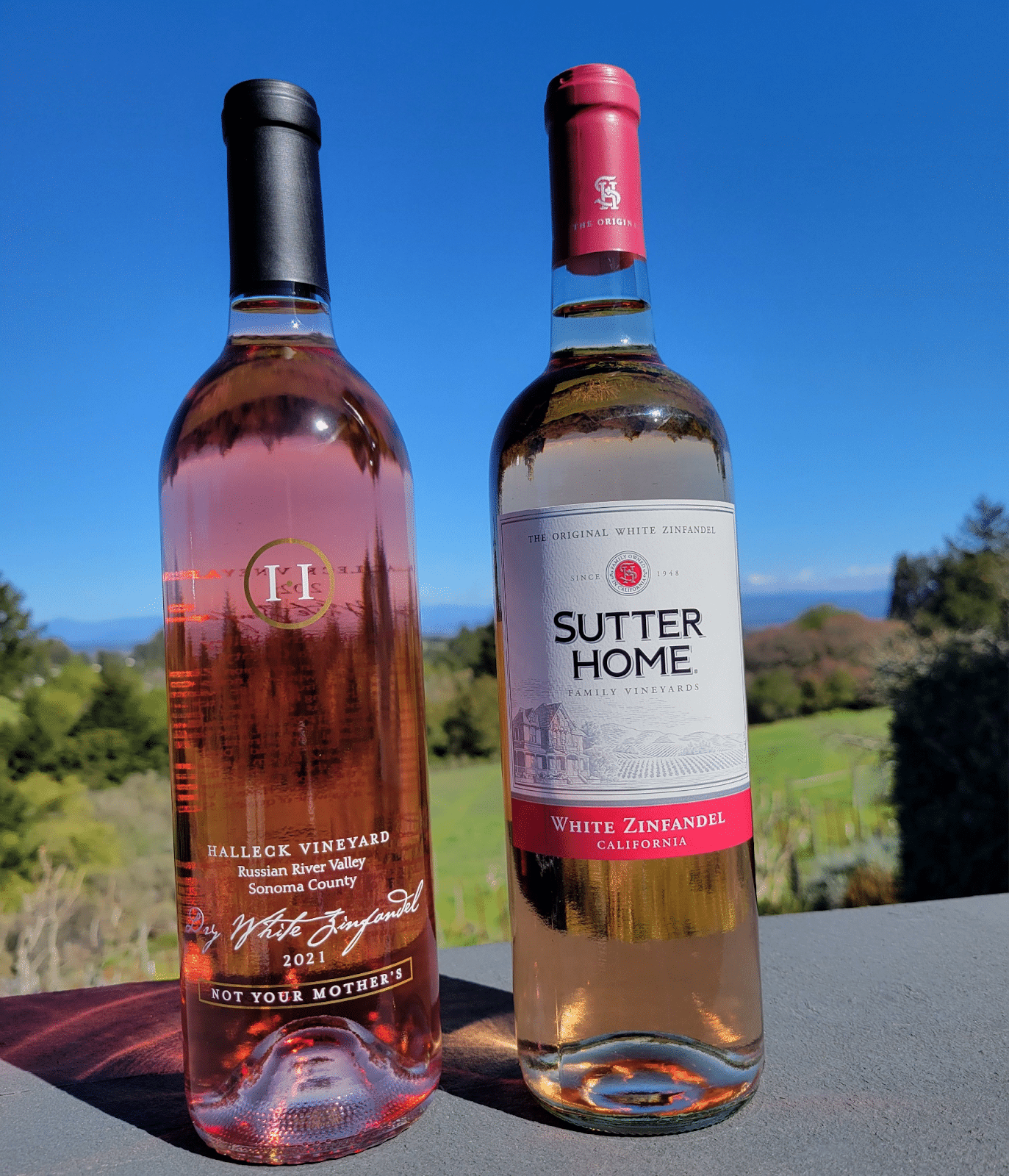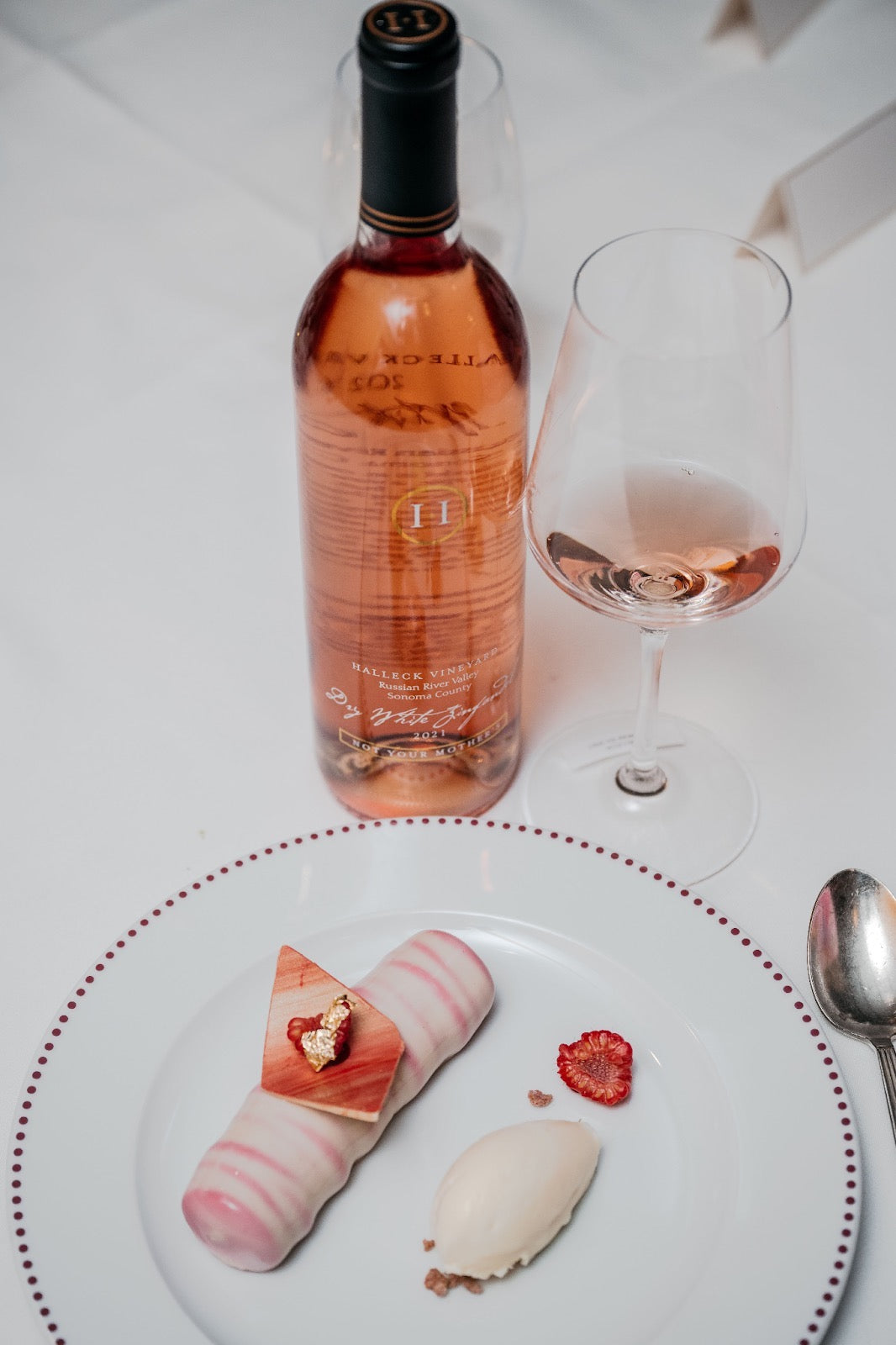Wineries Hosting Seasonal Events - Exploring Sonoma's Wine Landscape
Wineries Hosting Seasonal Events - Exploring Sonoma's Wine Landscape
Blog Article
Wineries That Offer Dog Friendly Areas - Sonoma County's Best Wine Experiences
Wine tasting is often considered an art type, one that goes past merely enjoying a beverage. It embraces a posh interaction of flavors, aromas, and textures that requires dedicated practice to actually grasp. Many who venture into the world of wine tasting rapidly understand that it involves much more than simply sipping wine. Improving sensory skills through devoted winery wine tasting can elevate the experience, remodeling an informal drinking occasion into a classy exploration of the senses.
At a basic stage, wine tasting engages the senses of sight, scent, taste, touch, and even sound. Every component plays an important role in appreciating the nuances of a wine. When one first pours a glass of wine, the rich hues can present initial insights into its age and varietal. Observing the color and readability helps type expectations in regards to the wine's flavor profile. Many don’t fully respect how this visual evaluation can set the stage for what is to comply with.
Garlock+Tree+Farm,2275+Bloomfield+Road,+Sebastopol
The subsequent step is to have interaction the sense of odor. Swirling the glass aerates the wine, allowing its unstable compounds to escape and fill the air with its bouquet. The nose entails some fascinating layers—different aromas can signal numerous elements of the winemaking process, together with the type of grapes used, fermentation methods, and getting older circumstances. Developing a eager sense of odor is usually a game-changer in wine tasting.
Innovative Wine-Making Techniques In Sonoma Valley - Top Wineries To Visit In Sebastopol
To improve this sensory skill, wine enthusiasts are sometimes inspired to participate in dedicated tastings at wineries. These tastings permit individuals to focus solely on the sensory experience (Breathtaking Views From Sonoma Wineries). Tasting classes led by educated sommeliers or winemakers can offer insights into identifying distinct aromas. Learning to distinguish between floral, fruity, earthy, and spicy notes can empower a taster to articulate their experience with greater precision.
As one practices their sensory talents, they may discover that their style preferences evolve. This transformation often happens after a number of tastings. A wine that initially appeared overwhelming would possibly reveal hidden layers of complexity with a bit of experience. Understanding how to isolate individual flavors similar to acidity, sweetness, bitterness, and umami contributes considerably to the overall wine experience.
One Other essential factor in enhancing sensory skills is the context by which wine is tasted. Environmental factors like temperature, lighting, and even the company current can influence perceptions. At a winery, an optimum setting can scale back distractions and allow a extra profound exploration of the wine (Wineries Specializing In Sparkling Wines). Training conscious tasting techniques encourages a more immersive experience, permitting tasters to hone in on their senses.
It is not solely about particular person notion, though. Partaking with others during a tasting can even enhance sensory skills. Sharing notes and discussing impressions fosters a deeper understanding of the wine. This collaborative method encourages members to articulate their sensory experiences, thereby broadening their linguistic repertoire related to wine tasting.
Wineries With Unique Tasting Experiences - Sonoma Wine Country Wineries To Explore
Additionally, pairing wine with food can significantly enhance the tasting experience. Different combinations can deliver out distinctive flavors in each the wine and the dish. As one tastes a wine alongside particular foods, they can begin to recognize how certain elements within the wine complement or contrast with what they are eating. This skill of pairing is one other layer that enriches sensory development.
Training one’s palate can contain a variety of workouts. Some enthusiasts interact in systematic tasting experiences, sampling a variety of wines that showcase completely different varietals, areas, or vintages. Exploring this variety can sharpen the power to discern nuances across different wine profiles. Over time, this practice builds a psychological library of flavors that can be accessed throughout future tastings.
Notably, written notes serve a dual function: organizing one’s thoughts and reinforcing reminiscence. By writing down observations about each wine, tasters can track their progress over time. Detailing the characteristics of wines assists in solidifying information, ultimately deepening one’s appreciation of what they consume.
Moreover, attending workshops or classes focused on sensory evaluation may also be helpful. Many wineries offer these instructional packages to assist individuals refine their skills. Often, skilled instructors guide members via structured tastings, specializing in particular parts of the wine. This degree of schooling reinforces the sensory skills asynchronously and challenges tasters to contemplate their experiences from totally different angles.
Wineries With Live Music Events Occasionally - Wineries With Outdoor Tastings In Sebastopol

Over time, the commitment to improving sensory skills through devoted winery wine tasting can yield significant rewards. The enjoyment derived from wine becomes layered and multifaceted. No longer restricted to see this here a easy preference for "pink" or "white," tasters start to appreciate the tales behind every pour. They cultivate a palette capable of navigating the complex landscape of flavors with confidence.
In conclusion, the journey of enhancing sensory skills through devoted winery wine tasting is as rewarding as it's gratifying. It requires focus, commitment, and a willingness to study, but the outcomes far exceed the preliminary effort. By participating multiple senses and taking part in considerate discussions, individuals not solely turn into more adept at identifying flavors but additionally develop a deeper appreciation for the craftsmanship behind each bottle. The course of transforms wine from a mere beverage into a wealthy tapestry of sensory exploration that beckons enthusiasts to delve deeper. As skills enhance, so too does the enjoyment, enriching life experiences one sip at a time.
Historical Wineries To Visit In Sonoma - Sonoma Wine Country Wineries To Explore
- Engaging the palate by way of various wine varieties enhances the ability to differentiate flavors and aromas, refining total sensory perception.
- Collaborating in guided tastings promotes focused consideration on refined characteristics of every wine, nurturing crucial tasting skills.
- Studying to establish particular grape varieties fosters a deeper understanding of terroir, which aids in recognizing regional flavor profiles.
- Incorporating food pairings throughout tastings can heighten sensory awareness, as completely different tastes can influence one another and alter perceptions.
- Practicing the art of swirling and nosing wines allows people to attach olfactory cues with style, enhancing the ability to articulate sensory experiences.
- Attending workshops that emphasize blind tastings trains individuals to rely purely on their senses rather than preconceived notions, enhancing objectivity.
- Elevating sensory skills can lead to better wine selection talents, empowering individuals to make informed decisions based mostly on personal preferences.
- Engaging with educated sommeliers offers insights into wine-making processes, which deepens sensory appreciation and enhances vocabulary for describing wines.
- Regular participation in tastings encourages reminiscence improvement of flavors and aromas, aiding within the formation of a personalised sensory profile over time.
- Sharing tasting experiences with peers fosters discussion, selling communal studying that may improve individual sensory skills by way of collaboration.undefinedWhat is the purpose of enhancing sensory skills by way of wine tasting?

Improving sensory skills through wine tasting allows individuals to boost their capacity to determine and respect the various aromas, flavors, and textures of wine. This heightened sensory consciousness can lead to a deeper understanding of wine and an overall enriched tasting experience.
Vineyard Picnic Spots In Sonoma Valley - Wine Tasting Activities In Sebastopol
How can I develop my sensory skills at a winery?
You can develop your sensory skills at a winery by taking part in guided tasting classes that concentrate on specific varietals. Interact with knowledgeable staff who can present insights and encourage you to take notes in your impressions, enhancing both your observational and descriptive talents.
What should I count on during a devoted wine tasting experience?
Vineyard Tours With Guided Tastings In Sonoma - Sonoma Wine Tasting Spots
During a devoted wine tasting experience, count on to sample a number of wines whereas receiving targeted education about each. You May study concerning the winemaking process, tasting techniques, and the means to discern different sensory traits, all in a relaxed setting.

Is prior data of wine needed to profit from a sensory skills workshop?
- Wineries Known For Their Beautiful Gardens
No prior knowledge of wine is critical; the workshops are designed for all ranges of experience. Beginners will discover useful data to build from, while seasoned tasters can refine their skills and expand their palate even further.
How do sensory skills impression my total wine official source appreciation?
Wineries Featuring Seasonal Wine Events In Sonoma - Unforgettable Wine Tastings In Sonoma
Improving sensory skills significantly enhances your total wine appreciation by permitting you to identify subtleties and complexities in wines. This deeper understanding enriches your tasting experience and helps you make knowledgeable alternatives based mostly on personal preferences.
Are there particular techniques I should use whereas tasting wine to enhance my sensory skills?
Romantic Winery Destinations In Sebastopol - Best Winery Located In Sonoma
Sure, employing techniques such as the "SWOT" technique (Sight, Swirl, Odor, Sip, Savor) may be helpful. Pay consideration to the wine's look, aromatics, and mouthfeel, and take your time with every sip to totally discover the flavors and sensations.
What type of wines are usually included in sensory skills tastings?
Sometimes, sensory skills tastings embrace quite a lot of wines that showcase totally different regions, varietals, and styles. This range helps individuals determine distinct characteristics and enhances their capability to distinguish between wines.
Can sensory skills workshops be personalized to my tasting interests?
Vintage Wine Tasting Experiences In Sebastopol - Tasting Rooms In Sebastopol
Many wineries supply personalized choices for sensory skills workshops, allowing you to give attention to specific forms of wines or themes that curiosity you, similar to organic wines or distinctive regional choices. It Is greatest to inquire instantly with the winery for tailored experiences.
Is there a method to practice sensory skills after leaving the winery?
Sure, you can practice your sensory skills at home by tasting totally different wines and keeping a tasting journal. Experimenting with numerous food pairings and aromatics can additional improve your understanding of how flavors work together, reinforcing the skills gained at the winery. Report this page